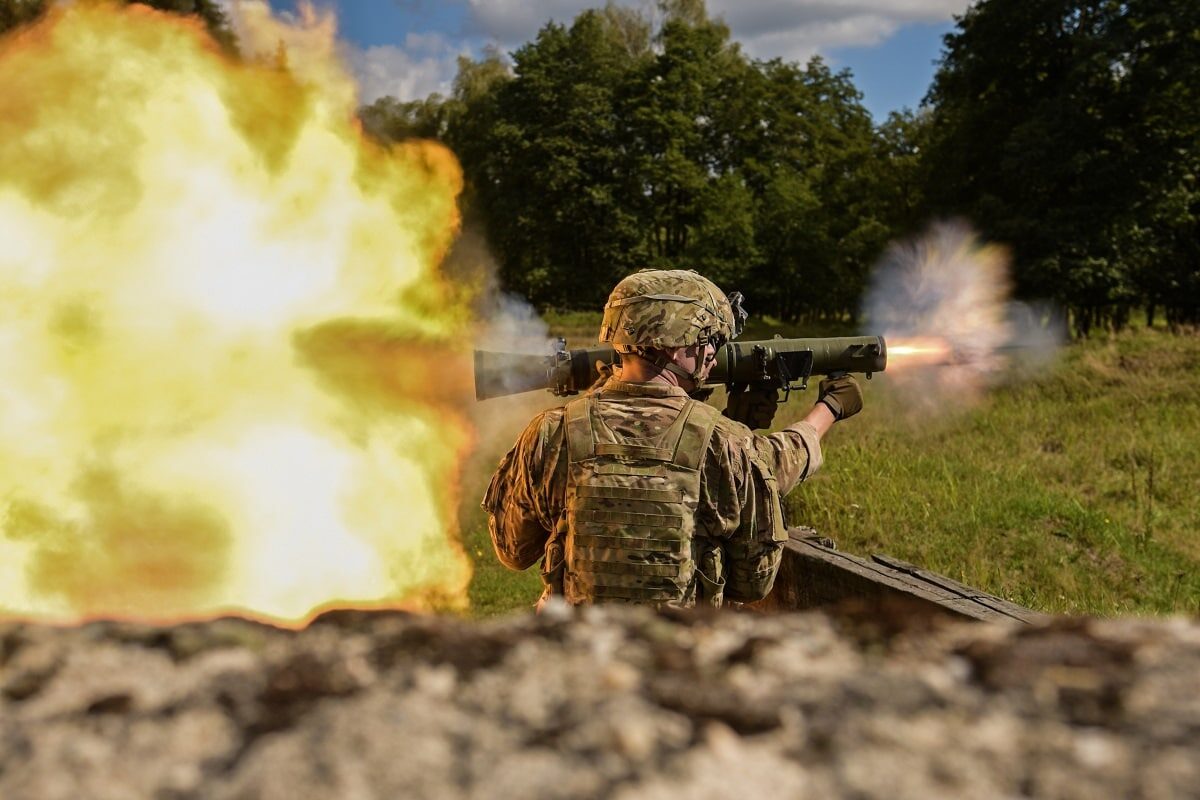The (Continuing) Costs of Failing to Learn Iraq’s Most Obvious & Painful Lessons – Twenty years ago today, President George W. Bush told the American people that at his orders, “American and coalition forces are in the early stages of military operations to disarm Iraq, to free its people and defend the world from grave danger.”
We know now that the “grave danger” about which Bush so stoically warned, was in fact a non-existent threat of weapons of mass destruction.
As so often seems to be the case, it wasn’t the original sin that was the problem but the two decades of compounding failures that have followed.
The Iraq War: We Never Learned From It
The lessons we should have learned within the first 12 months went ignored – and have been repeated to our harm ever since.
Whatever Bush’s true motivation may have been for launching the war against Iraq in 2003; the problems started accruing almost immediately.
Ironically, the challenges were initially masked because of a spectacularly successful ground offensive. The U.S.-led coalition completed the destruction of Saddam Hussein’s conventional forces in mere weeks, marked by Bush’s infamous landing on the aircraft carrier USS Abraham Lincoln on May 1 festooned with a banner, “Mission Accomplished.”
It was here that Bush could have cauterized the mistake of the war and sought to withdraw the troops as quickly as possible. Bush could have worked with many officials in Iraq to use their military to secure the country and start the process of forming a new government, accelerating the withdrawal of the coalition military.
Instead, the U.S.-installed Coalition Provisional Authority did the worst thing possible: disband the Iraqi army and demonize the Baath Party, stripping them of any ability to hold office. This political party was overwhelmingly Sunni Muslims and overnight threw hundreds of thousands of militarily trained Sunnis out of work and made it nearly impossible for them to feed their families. Further, Bush refused to withdraw the U.S. military and transitioned into an occupation force. By the spring of 2004, a Sunni-led insurgency had metastasized. It only got worse from there.
Having chosen not to end the war, Bush instead changed the objectives. No longer was the war merely to save the world from a “grave danger,” but now it was to change the very form of government in the region. In November 2003, just nine months into the occupation, Bush said the establishment “of a free Iraq at the heart of the Middle East will be a watershed event in the global democratic revolution.” As would soon become painfully clear, however, Bush’s war didn’t inaugurate a wave of democracy. It unleashed the spreading of conflict and violence. Unfortunately, the next administration would perform no better.
Obama won the 2008 presidential election on the promise of ending the Iraq war. Almost three years into his administration, Obama announced that by the end of 2011, all American troops would be out of Iraq and the war formally over. But that didn’t last long. At the first sign of trouble, he sent them right back in.
In June 2014, a then-little known Islamic radical group, ISIS, made a modest attack on the Iraqi city of Mosul. The Iraqi army the U.S. had spent eight years training, melted away when tested by the much smaller ISIS forces, sending Baghdad into a panic. At that moment, American interests were in preventing the terror group from spreading beyond Iraq and Syria and defending American citizens worldwide. It was not, however, in defending Baghdad.
What Obama should have done was clearly communicate that the U.S. would defend American interests but Baghdad was responsible for its own security. As I wrote often during this period, ISIS was always a dead man walking, as it didn’t have the capacity to hold the territory it took from Iraq and Syrian governments. Had Obama remained firm, Baghdad would have eventually defeated ISIS, even though it would have taken them likely years longer. But it was always Iraq’s fight, not America’s. Obama neglected this and sent U.S. troops back in. They are still there to this day.
Bush, Obama, Trump, and now Biden have all perpetuated or continued a bad pattern of believing that the deployment of U.S. combat power is a good tool – a preferred tool, a policy option of first choice – through which to attain beneficial political outcomes. We’ve seen how disastrous our 20 year war in Afghanistan was. Add to that the disaster of the Libyan intervention of 2011, our decades of military intervention in Somalia, other locations throughout Africa, and still in Syria. None of these missions have improved American national security but all of the have great costs in blood and treasure.
It is time, however belatedly, to learn the painful lessons of the 2003 Iraq War – and the many that have followed its awful pattern since – and acknowledge that America’s Armed Forces are intended to defend our country and deter potential foes from attacking us or our allies. It is not designed as an instrument to obtain by force – or perhaps it is more accurate to state attempt to obtain by force – a preferential political outcome. Ignoring this key lesson will only get more Americans killed and waste yet more trillions of dollars.
Author Expertise and Biography
A 19FortyFive Contributing Editor, Daniel L. Davis is a Senior Fellow for Defense Priorities and a former Lt. Col. in the U.S. Army who deployed into combat zones four times. He is the author of “The Eleventh Hour in 2020 America.” Follow him @DanielLDavis1.

